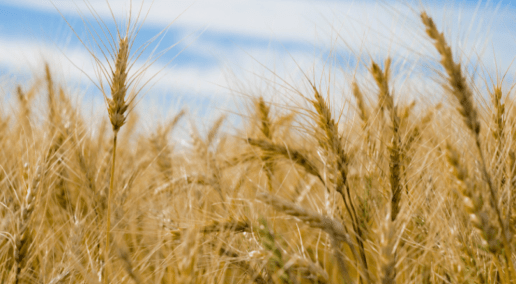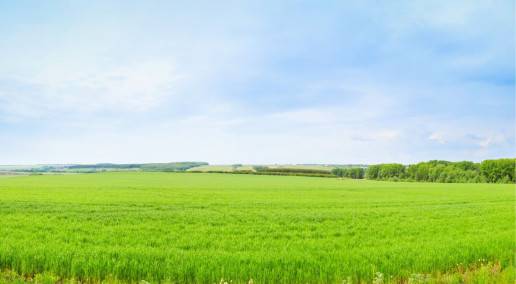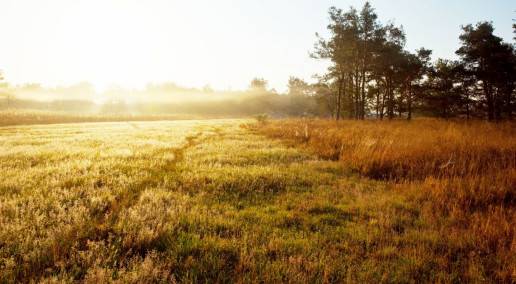During this session Sylvestre Delmotte’s presentation examines the forage sector’s role in regional climate change adaptation planning and execution through Agriclimat non-profit. He also spoke about forage production in Quebec.
Sylvestre Delmotte is an agronomist. He has worked as a consultant in agri-environment. He works mainly on projects related to the fight against climate change and innovation for sustainable agriculture.
Adapting to climate change by region means that each region has their own working group of professionals to train. Each region has a climate scenario, with adaptation measures for the farms there.
Sylvestre gave examples of changes to the region of Monteregie, including heat waves, rain stress, evapotranspiration and winter survival rates.
Heat waves will significantly affect vegetation. In the main farming region we see that the amount of days where temperatures are above 30 degrees will more than double in amount, potentially even up to 80 days per year. This is bad news for many plants, which can’t tolerate warm nights over 20 degrees.
Variability of rain will continue from year to year, but farmers should expect more extremity in the distance between rain events. There is significant Increased potential for evapotranspiration, because of increased temperature linked with water deficit.
Winter survival is determined by many phenomena. Conditions will be less favorable for overwintering. Warming in winter can give false indication of spring, which is a risk for plants. On the other hand, less extreme cold is favorable for plants. Farmers should expect a reduction of 42 per cent of protective snow cover. It will often rain rather than snow. The potential for more rain is less favorable. There are many contradictory effects and interactions that make it challenging to predict winter survival.
We presented this data to producers to brainstorm what is needed in order to adapt. Researchers then investigate these ideas. The longer growing season will mean an extra cut of timothy-alfalfa is possible, creating more annual yield. Looking at species mixtures, fescue and alfalfa seemed best in the short term future. Other impacts like the erosion of soils, evolution of weeds and pests, may be benefits for some annual crops, like corn silage.
We made adaptation plans for each region of Quebec to help producers. There is new training, trials on irrigating forage crops, and tools to evaluate vulnerability to climate change and farm’s abilities to sequester greenhouse gasses. We are running 36 pilot farms with these.
We are encouraging action rather than reaction. The goal is to adapt to actively fight against climate change and improve practices.
Back to Conference 2021



Leave a Comment